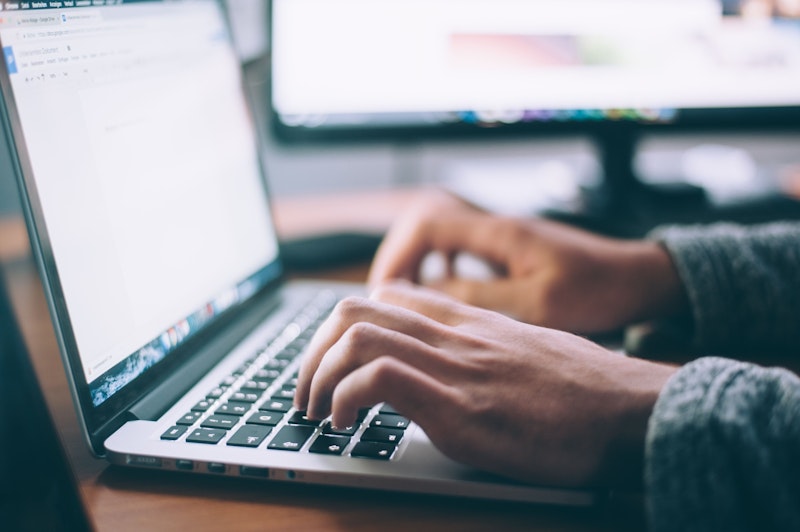At the outset, it is important to differentiate between an employee who is asked to isolate by the Government Test and Trace Service, and an employee ‘pinged’ by the Covid-19 App (the “App”). Where an individual is contacted by the Test and Trace Service (or if they test positive for Covid-19), there is a legal obligation on them to isolate for 10 days. Where an individual is ‘pinged’ by the App, however, there is not a legal obligation on them to isolate.
If an employee is ‘pinged’ by the App but they have confirmed to their employer that they still wish to attend the workplace, an employer should consider the implications of allowing this. In the first instance, if the employee is able to work from home, it would be prudent for employers to ask the employee to do so for the 10-day period of isolation. Issues could arise, however, where an employee does not have the ability to work from home but wishes to attend to workplace so that they still receive full pay. In this instance, employers should consider the risk of allowing the employee into the workplace and consider the effect that this could have on other employees. Employers have a duty to provide their employees with a healthy and safe working environment and, therefore, employers should continue to carry out risk assessments to ensure that they are complying with their obligations. Employers could consider if it is possible to keep the employee away from others for the 10 day period or, if this is not possible, consider using social distancing measures and increasing the use of PPE in order to mitigate the risk of transmission if the employee has Covid-19 but is not displaying symptoms.
If it is not deemed appropriate, or possible, for the employee to attend the workplace safely, or if they do not have the ability to work from home, then the employer will need to consider what the employee who has been ‘pinged’ will be paid. An employee who is not sick but isolating is entitled to SSP, but this will not be payable for the first three days. The first three days can be paid, however, if the employee is sick with Covid-19, then SSP is payable from the first day of absence. In the absence of a contractual entitlement to full pay, many employees may wish to attend the workplace even if they have been ‘pinged’ to avoid receiving SSP only for the isolation period. Given that most contractual entitlements to sick pay only apply if an employee is incapacitated by ‘sickness’ itself, it is unlikely that an employee who is not sick, but isolating, will be entitled to full pay. The terms of the contract will need to be looked at in detail in order to determine if it is possible for an employee to assert that they are entitled to receive full pay whilst isolating.
If an employer requests an employee to attend the workplace after they have been contacted by the Test and Trace Service, they will be asking their employee to break the law which could give rise to a breach of the implied duty of trust and confidence. In this instance, the employer risks the employee resigning and pursuing a claim for constructive dismissal (or unfair dismissal if the employee is dismissed for refusing to attend the workplace).
Whilst an employee is under an obligation to follow the reasonable instructions of their employer, employers must consider their obligations towards the wider workforce. Allowing an employee to attend the workplace when they have been asked to isolate (whether by the App or the Test and Trace System), could disrupt the rest of the workforce and give rise to further claims for potential breaches of an employers’ duties.
Advice
If you need assistance or advice on the contents of this article, please contact the Employment Team at Thackray Williams LLP 020 8290 0440.
Related News & Insights
-
Thackray Williams names new Senior Employment Partner
News | 29 September 2025
-
Leading employment and education lawyer, Emma Thompson to speak at global ADHD conference
News | 29 September 2025
-
The broader context of an employee’s complaint to be considered when assessing victimisation (Kokomane v Boots Management Services)
News | 3 July 2025
-
A fair redundancy process must consider alternative employment (Hendy Group v Kennedy (EAT)
Articles | 24 June 2025














